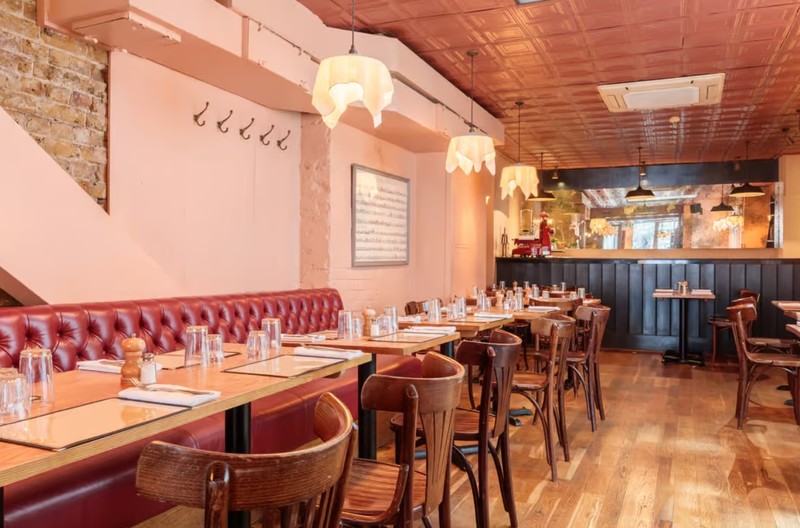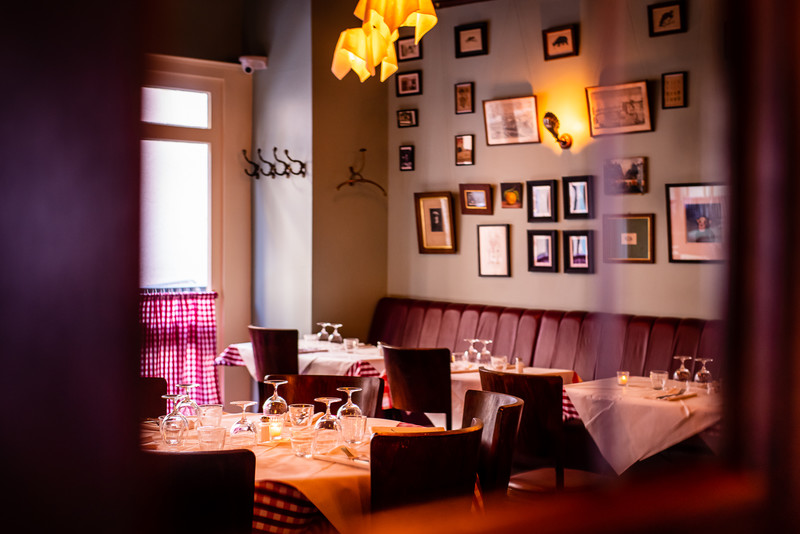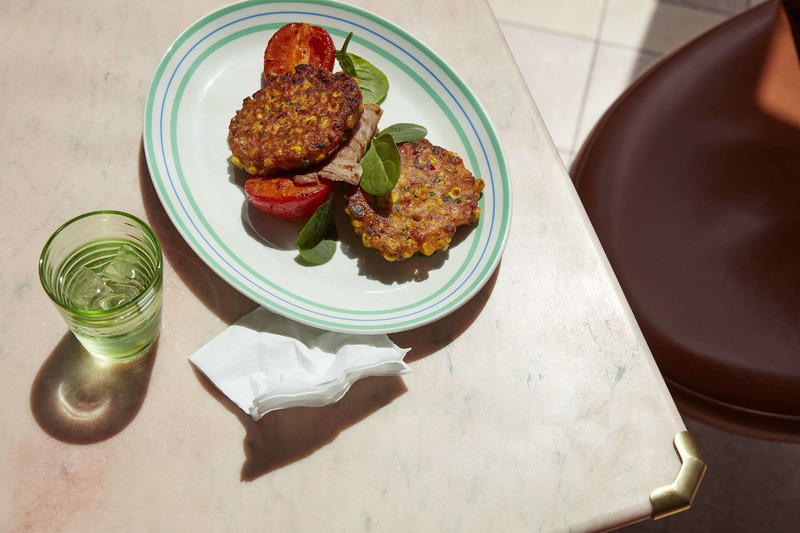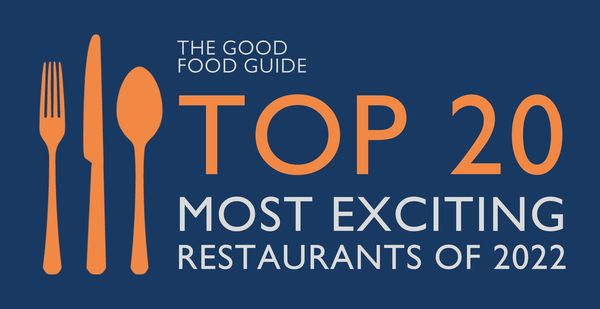Russell Norman forsook the world of education in the 1980s for an entree to the restaurant scene at Covent Garden's Joe Allen, a droplet of New York brasserie sass where theatre patrons could wolf a Caesar salad before curtain-up, or tumble in for a ketchupped and mustarded footlong after the final cheer. In time, he would be operations director at Caprice Holdings, an entire group of venues dedicated to the business of eating for the sheer laid-back, babbling hell of it. Norman wasn't interested in reverential gastronomy, although by the time he started opening restaurants of his own, they traded in the kinds of dishes you would confidently expect to find on the menu in heaven.

If one half of Norman's heart was devoted to the showbiz end of London dining, places where you might spot an actor or a TV journalist amid the crush, the other was given to Venice. When he and Richard Beatty launched Polpo in 2009, they brought the small-plates approach to Italian cooking, inspired by the cicchetti snacks of Venice's numerous bàcari, one-stop shops for snapping something up and moving on, the watery city's equivalent of Spanish tapas. If small-plate dining has become mired in recent years in collisions of culinary logic and exasperating inconvenience, Polpo got it spot-on. The point of small bites was to act as an array of appetisers, not to appear in a jostling assembly that vaguely resembled dinner, and the tidal wave of business that Polpo sustained told its own tale. Its first manifestation, still going strong on Soho's Beak Street, was eventually joined by a second opening on Duke of York Square in well-upholstered Chelsea.
Polpo was so wildly popular that its reservation books were permanently full to overflowing, and in due course Norman took the brave decision to put up a few backs by abolishing the booking system altogether. The risk of a no-bookings policy is that you might end up with a screen star demanding to know whether the door staff know who they are but, at Polpo, it worked like a dream. You either got in or you didn't. If at first, you didn't succeed, you waited it out in a pub round the corner and tried again. The place was not a whit less busy, and it had stopped losing margins to parties of no-shows. Besides, it all fitted with the hang-loose ethos.

Norman's venues – and there would be thirty-one over a comet-bright career, up to Clerkenwell's Brutto, a Florentine homage opened in 2021 – were always places where you didn't feel you had turned into somebody else as soon as you walked in. You could sit on a high stool at the Spuntino counter in Rupert Street, get slicked in truffled egg toast, then pick up a pulled pork and pickled apple slider and watch its contents plop straight back on to the plate. And I did. Whoever called it 'jazzed-up junk food' had never tasted real junk.
Bill Granger grew up in Melbourne, the son of a butcher and a fashion maven, in a family whose members were all too preoccupied to dine together. Not for him the Italian maestro's memories of three generations around the familial board, eating food with ancestral roots. He would teach himself to cook from wipe-clean recipe cards issued by Women's Weekly. In retrospect, the restaurants he created look like attempts to create that warm domestic eating ethos he had precisely no recollection of. As The Good Food Guide stated in 2015, he evoked ‘the sunny disposition of a place that specialises in all-day, kick-back Australian no-worries relaxation, with pretty much any level and style of appetite catered for’. He began with what we have all been encouraged to see as the most important meal of the day.
Other than spending a lifetime in hotel dining-rooms, chances are breakfast for most of us is an ingrained non-event. Granger made breakfast – or brunch for the dedicated slugabed – into an occasion, something more than variations on the great British fry up. If he didn't quite invent avocado toast, he nudged it into the early-morning spotlight, a vivid blast of vitamins and minerals and the all-important fat that are never more sorely needed than first thing. And Granger scrambled eggs as though you had never seen anyone scramble them before, using cream to enrich rather than milk to dilute, folding the mixture like shot silk instead of rattling it to rags, taking time. Not since Delia Smith took to the screen to explain how to boil water had any TV cookery presenter set about going back to basics with such uncondescending flair.

In 2018, he told BBC Good Food magazine, 'Early morning is my favourite time of day, always has been. I love waking up early and pottering in the kitchen while it's still dark outside.' If not many of us are prepared to second that emotion, it remains the case that the first thing worth getting out of bed for is a decent breakfast – and many did for his famed hot ricotta hot cakes with banana and honeycomb butter, sweetcorn fritters, and the must-order scrambled eggs.
Bill Granger leaves behind fourteen cookbooks, a wealth of video, and an international group of restaurants, from Australia via east Asia to London, where the five-strong chain, Granger & Co, deals in toasted sourdough from Dalston's Dusty Knuckle bakery, four-grain porridge with poached pear, and omelette brioche rolls, for those with the motivation to start the day like champions. And, just like Russell Norman, Granger did without a booking system – the breakfast queue was legendary.




